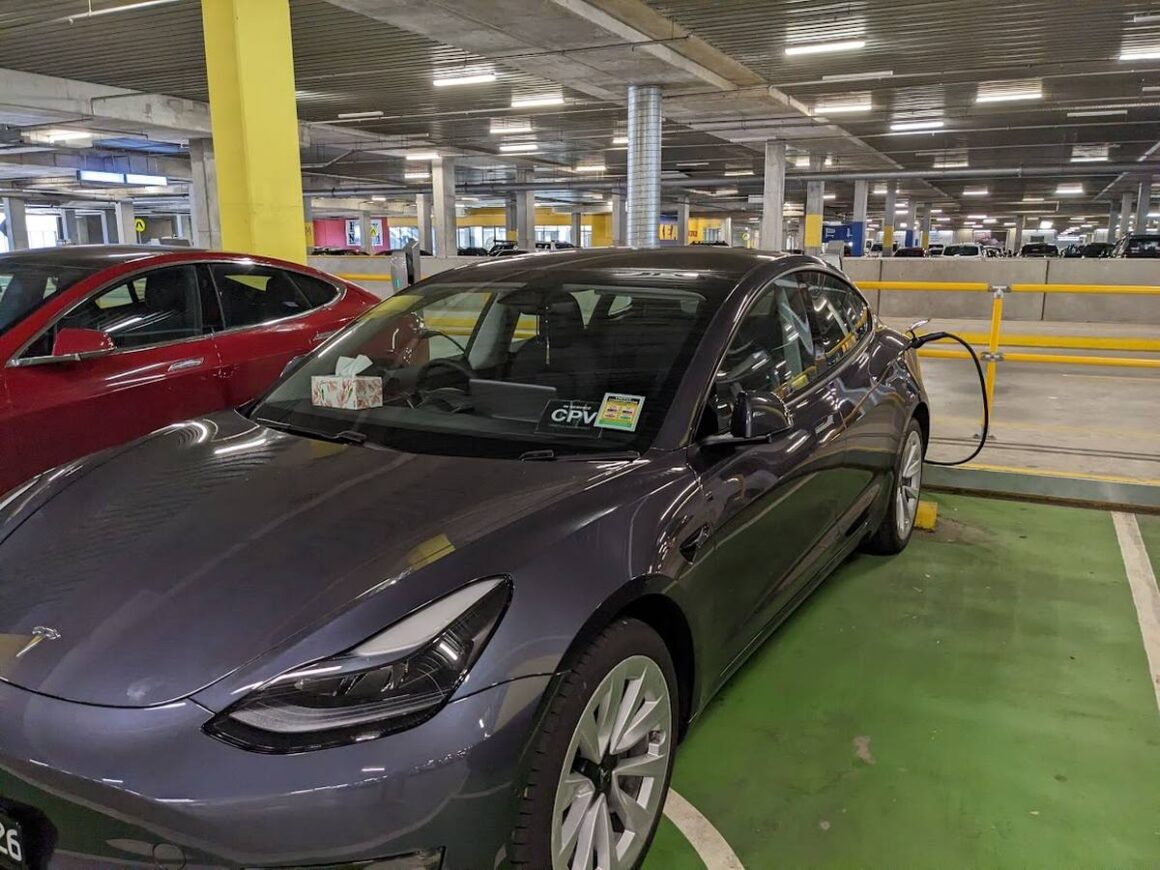Kenya is making great strides in the electric mobility and clean cooking sectors, with a number of exciting projects taking shape. On the electric mobility side, Ecobodaa has been leading the charge with the launch of their Umeme 3000 electric motorcycle. This bike has a 3.24 kWh battery capacity, a 4.5 hour charge time, and a range of 80 km. It also has a 3 kW mid-drive motor, IP67 waterproofing, and a top speed of 120 kph.
On the clean cooking side, Ecosafi is providing a cleaner cooking solution with 5 outlets in Nairobi’s low income settlements. Ecobodaa has partnered with Ecosafi to provide last mile deliveries of Ecosafi’s cooking pellets, with 5 Ecobodaas deployed for this purpose. This partnership is helping to lower the barriers to entry for firms looking to acquire electric motorcycles, as Ecobodaa retains ownership of the batteries and earns a monthly subscription fee.
The Energy Regulatory Commission (ERC) conducted a Global Fuel Economy Initiative Study in Kenya (GFEI) in 2015, which found that emissions from motorcycles of less than 150 cc are about 46.5 g/km of CO2. With the number of ICE motorcycles sold in Kenya growing rapidly, a rapid transition to electric is needed to reduce these tailpipe emissions. Fortunately, Kenya’s grid is mostly powered by renewables such as wind, geothermal, hydro, and some utility-scale solar, so these electric motorcycles will be powered by some very clean electricity.
Overall, Kenya is making great progress in the electric mobility and clean cooking sectors. Ecobodaa and Ecosafi are leading the charge with their innovative projects, and the transition to electric motorcycles is helping to reduce tailpipe emissions and improve air quality.
FAQ
Q1. How electric car batteries work?
A1. Electric car batteries are typically lithium-ion batteries that store energy and power the motor. They are recharged by plugging the car into an electric outlet or charging station.
Q2. What electric car has the longest range?
A2. The Tesla Model S has the longest range of any electric car currently on the market, with a range of up to 370 miles on a single charge.
Q3. How electric car batteries are recycled?
A3. Electric car batteries are recycled by breaking them down into their component parts and then separating out the metals, plastics, and other materials for reuse. The metals are melted down and reused in new products, while the plastics and other materials are recycled into new products.





